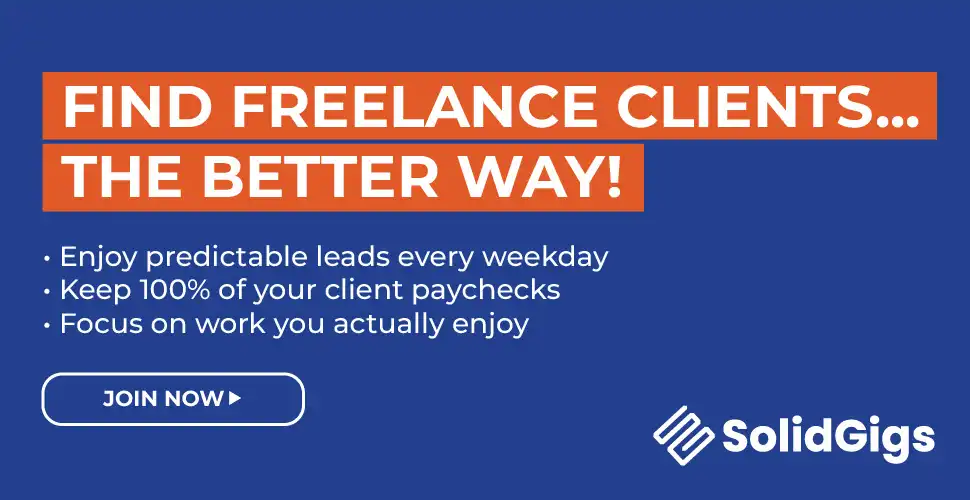The digital shift has made education accessible to individuals across the globe. It broke down geographical barriers and provided learning opportunities regardless of location.
Online learning platforms have transformed the educational landscape, opening doors to knowledge for people worldwide. In recent years, especially since the pandemic, they have become an integral part of our learning ecosystem.
While this shift to digital learning offers incredible opportunities, it’s not without challenges. One primary concern is burnout, a physical and emotional exhaustion that can lead to reduced performance and health issues.
Burnout and Online Learning: The Reasons
Burnout is more than just feeling tired or stressed. It’s a chronic state of physical and emotional exhaustion that often leads to cynicism and detachment. Academic burnout is a complex issue that arises from a blend of technological, social, personal, and institutional factors. While online education offers flexibility and accessibility, it also brings unique challenges that can contribute to burnout if not recognized and managed proactively.
The lack of social interaction results in feelings of isolation and limited feedback, creating a void of motivation and connection.
Over-reliance on screens can result in physical eye strain and mental fatigue, while the plethora of online distractions fragments attention. The unstructured online learning environment, lacking the routine of a physical classroom, places the burden of time management on the student. Often, this can lead students to feel overwhelmed. However, an ai chatbot can assist in managing time and organizing tasks efficiently.
The passive nature of online learning and the potential neglect of self-care routines can contribute to physical and mental malaise. Together, these challenges form a complex web that can lead to burnout.
One study suggests that factors related to academic stress hold equal significance to psychological well-being. Researchers state, “Irrespective of gender, race/ethnicity, or year of study, students who reported higher academic stress levels experienced diminished mental well-being.”
Understanding these underlying causes is the first step toward creating a more supportive and sustainable online learning environment. By acknowledging and addressing these factors, educators, institutions, and students can work together to enhance the online learning experience and reduce the risk of burnout.

Tips for Preventing Burnout
Here’s how you can prevent academic burnout with ease.
Set realistic goals
It’s human nature to aim high, but the key to success lies in setting achievable targets. When dealing with online learning, the self-paced nature can be a blessing or a curse. Creating significant, unrealistic goals can lead to stress and eventual burnout. Here’s what you can do to squash anxiety and stress through goal-setting:
- Divide the big assignments into digestible pieces, creating a step-by-step plan.
- Tailor your schedule to fit your pace and lifestyle.
- Reward yourself for reaching small milestones to reinforce positive behavior.
- Create personal timelines. Strict timelines that don’t align with your personal life can create undue pressure.
- Regularly assess your progress and adjust goals as needed. Goals should be dynamic, not static.
Create a supportive learning environment
Online learning often occurs in a virtual environment, lacking the traditional face-to-face interactions of a physical classroom. While this modality offers flexibility and accessibility, it may also lead to a sense of isolation or detachment. Building connections is essential to creating a thriving learning community that keeps students motivated and engaged.
Attending virtual classes doesn’t mean you have to learn alone. Cultivating relationships is vital for maintaining motivation and combating isolation. Start building a community with peers by engaging in online forums and group projects. Connections with fellow students foster a sense of belonging.
Take time to interact with instructors. Regular communication with teachers provides guidance and feedback, keeping you on track. It would also help to collaborate with peers in virtual study sessions. Shared experiences can ease the solitary nature of online learning.
Balance study and leisure
Strike a balance between academic and personal life, remembering that well-being extends beyond the study desk. Remember to dedicate time to hobbies and relaxation. Think about them as necessary components of a well-rounded life rather than a distraction. For example, you can play online games and connect with other players. Explore the best VPN for gaming so you can play seamlessly during your break time.
Remember to incorporate physical activities as well. Exercise boosts both physical and mental health, enhancing concentration and memory. Remember, balance is personal. What works for others may not necessarily work for you. Experiment to find what suits your preferences and needs.
Adopt healthy habits
Maintaining good health is indispensable in online learning, where demands can be intense. Always prioritize nutrition. A well-balanced diet fuels both body and mind.
What you eat significantly affects your cognitive abilities and concentration. Incorporating a diet rich in nutrients and vitamins helps keep both the body and mind energized and focused. Drinking enough water is as essential as eating well. Proper hydration aids in mental clarity.
Engaging in physical activities, even a short walk or stretching, breaks the monotony and reinvigorates the mind. Exercise is not just about physical well-being. It also enhances mental health by reducing stress and increasing alertness.
Remember, quality sleep is non-negotiable. It has a crucial role in memory consolidation and cognitive functions. Skimping on sleep impairs judgment and creativity. Make sure to have a sleep routine. Consistency in sleep patterns can significantly improve the quality of sleep. Consider a regular bedtime, even during intense study periods.

Leverage technology wisely
Online learning is inextricably linked to technology. Managing this connection ensures a smoother learning experience. So, choose the right tools. Not all educational techs are created equal. Identifying platforms and apps that suit your learning style can enhance your experience. Overcomplicating with too many devices can be counterproductive. Stick to what truly enhances your learning process.
It’s also vital to have digital boundaries. Know when to disconnect. Setting specific times to be offline can help maintain focus. Constant exposure to notifications and social media can fragment concentration. Tailoring your digital environment to minimize disruptions can profoundly impact your ability to focus and retain information.
Seek professional help if needed
In an environment where academic achievement often takes center stage, it’s vital to recognize that mental health is equally essential in the learning equation. Accepting this perspective helps in identifying when professional support might be required. This understanding extends to various domains, including the workplace.
Be mindful of ongoing challenges and feelings that may hinder your learning or professional performance. Persistent feelings of stress, anxiety, or overwhelm shouldn’t be ignored, as they may indicate a deeper issue. Just as individuals should pay attention to their mental well-being, organizations should also be aware of the well-being of their employees, which can be supported by utilizing effective staffing agency software.
Explore available resources. Many educational platforms and businesses, including staffing agencies, offer resources to promote mental well-being among students and employees. Utilize them to see if they can alleviate your struggles, whether they are related to learning or work-related challenges.
You can also develop personal strategies to manage your struggles or support the well-being of your workforce. Individuals and organizations can implement coping mechanisms such as mindfulness, relaxation techniques, or peer support. Regularly assess how effective these strategies are. If they fail to provide relief, it’s time to consider professional help. Just as individuals seek professional support for their mental health, organizations can benefit from using staffing agency software to ensure they have the right talent in place to meet their needs and mitigate hiring challenges.
There’s often a societal stigma around seeking mental health support, just as there can be reluctance around using staffing agencies for recruitment. Demystifying and normalizing these services can lead to a more accepting view of professional help, whether it’s for mental well-being or talent acquisition. Rather than a sign of weakness, getting professional help or utilizing staffing agency software can be considered an investment in oneself or one’s organization. It’s a step toward ensuring that mental well-being and talent acquisition are on par with academic or professional success, fostering a holistic approach to learning and workforce management.
Embrace flexibility
Online learning inherently offers a more malleable structure compared to traditional learning environments. This flexibility can be a key advantage but requires a willingness to adapt and evolve.
Flexibility allows you to create a learning path that suits your pace, style, and preferences. If a method or routine isn’t yielding the desired results, you can modify it. Be bold and try new approaches. Whether it’s a different study schedule or a change in environment, experimentation can lead to discovering what works best.
Mistakes are inevitable, but they are not failures if used as learning opportunities. The emphasis should be on growth and progress, not perfection. Viewing learning as an iterative process where each attempt builds upon the last helps you recognize that mistakes are steps toward mastery.
Taking the time to reflect on what went wrong and why can lead to valuable insights. Analyze mistakes and learn from them. This process allows for continual improvement, personal development, and innovation in learning strategies.
Foster a flexible mindset. Cultivating a perspective that views change as a natural and positive part of the learning process is crucial. Embrace change as an avenue for exploration and growth. Maintain an open-minded approach to new ideas, perspectives, and techniques.
Beat the Academic Burnout
Online learning presents both challenges and opportunities. You can transform these challenges into strengths by understanding the potential for burnout and actively employing strategies to prevent it. Embrace the journey with mindfulness, support, and flexibility, and you’ll find that online learning can be a rewarding and enriching experience.
Our digital age has brought education to our fingertips, but like any tool, it requires careful handling.





